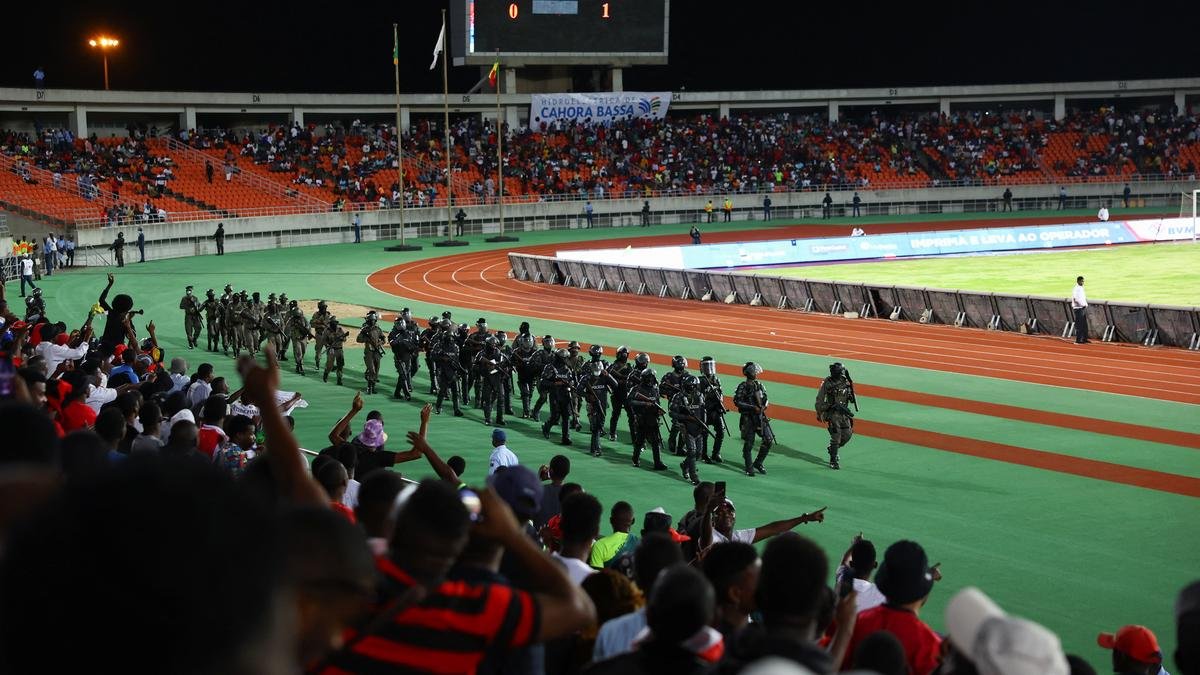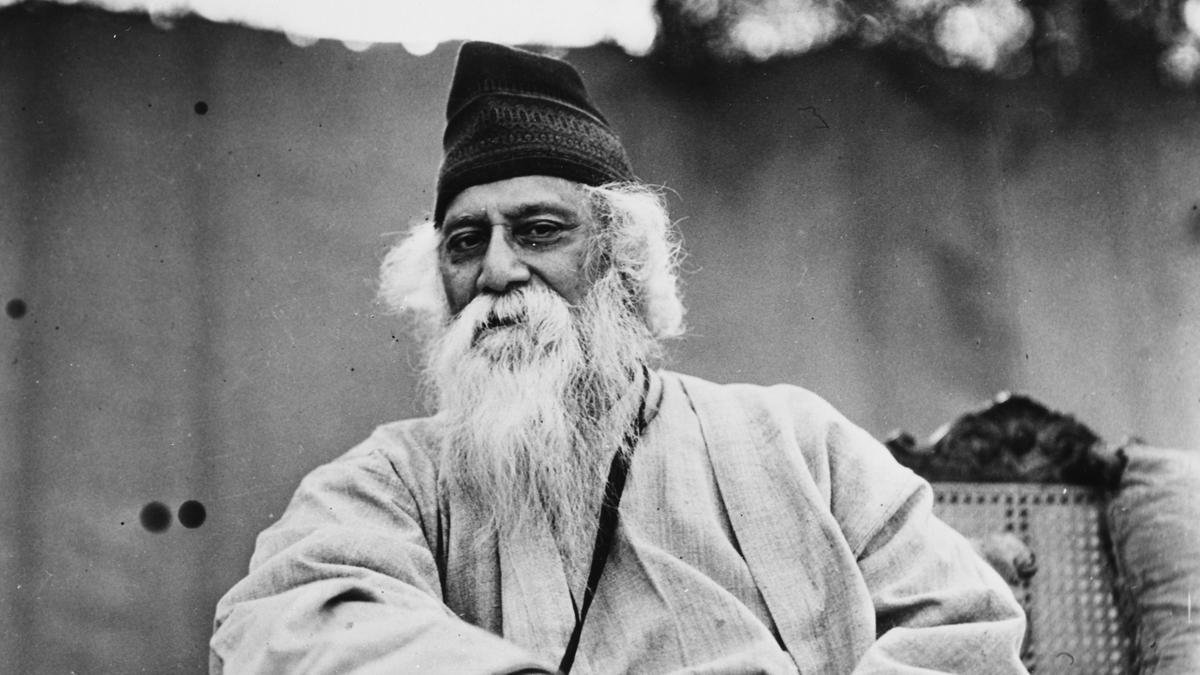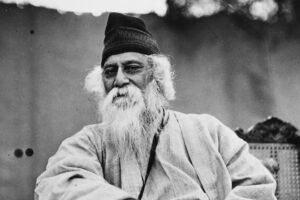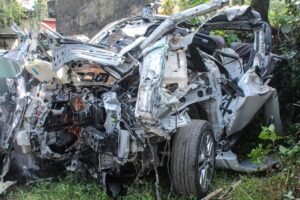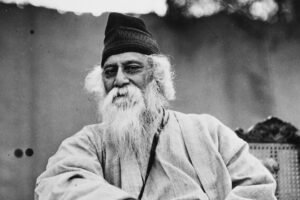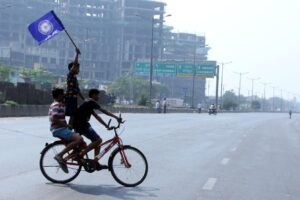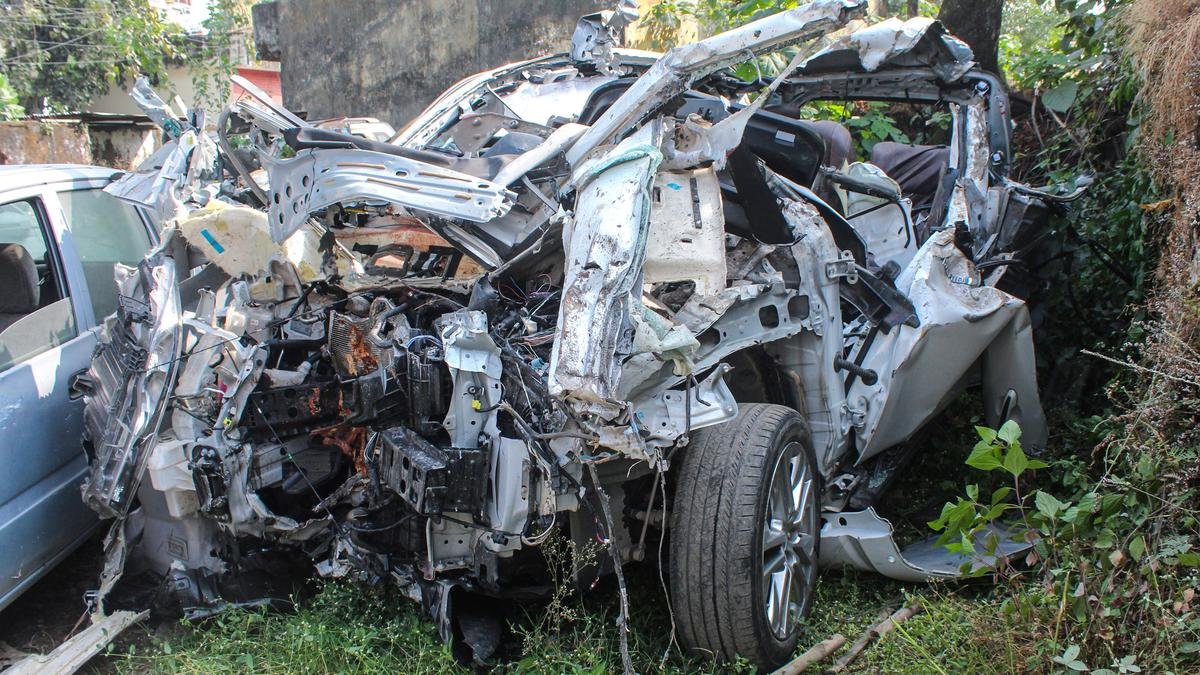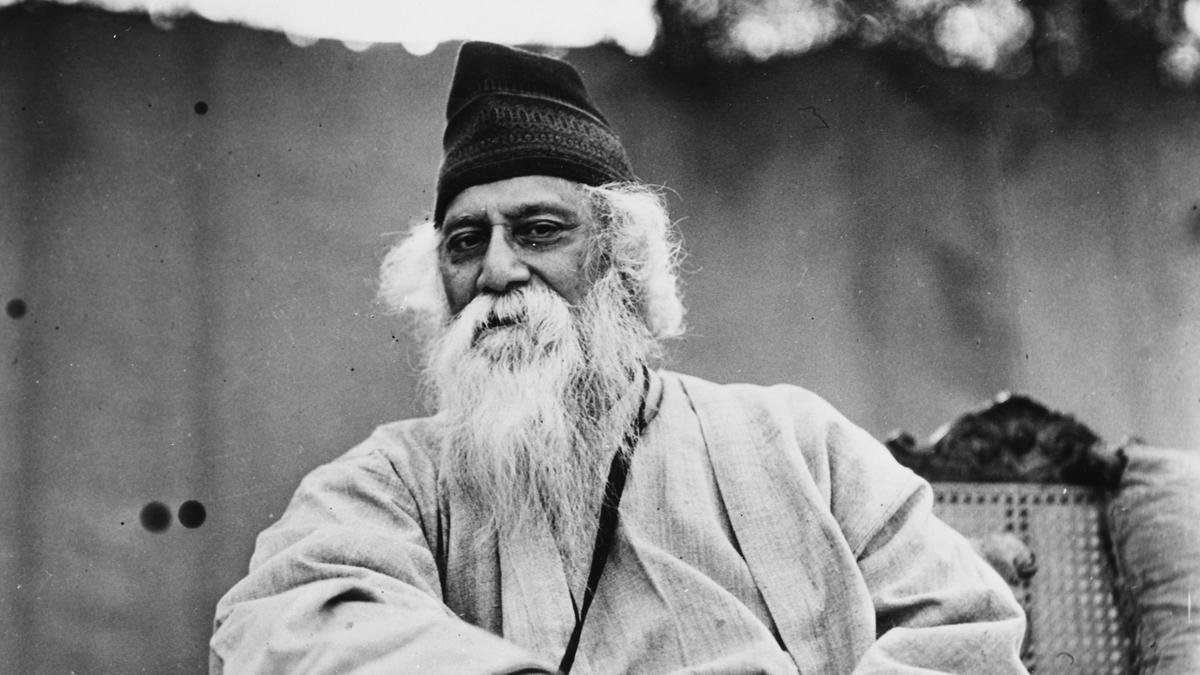Sri Lanka Votes In Key Election As President Eyes Parliament Win For Economic Reforms

Sri Lankans are voting in snap parliamentary elections. President Dissanayake’s National People’s Power (NPP) party seeks a two-thirds majority to stabilise the country post-crisis.
Sri Lankans began voting Thursday in snap parliamentary elections, with new leftist President Anura Kumara Dissanayake’s party expected to secure a big majority to drive through economic reforms.
Dissanayake took power after sweeping September elections on a promise to combat graft and recover the country’s stolen assets.
Voting booths on the South Asian island will close at 4:00 pm (1030 GMT), with 17.1 million people choosing between 8,800 candidates after a seven-week-long campaign that election monitors say was one of the most peaceful in the country.
Dissanayake’s JVP, or the People’s Liberation Front, is the main constituent of the National People’s Power (NPP) coalition of professionals seeking to form the next government.
The NPP held just three seats in the outgoing assembly.
Dissanayake had been an MP for nearly 25 years and was briefly an agriculture minister, but he has distanced himself from traditional politicians accused of leading the country to its worst economic crisis two years ago.
His JVP party led two insurrections in 1971 and 1987, leading to at least 80,000 deaths, but Dissanayake took power peacefully in elections on September 21.
FOREGONE CONCLUSION
Despite previous promises to renegotiate a controversial $2.9 billion International Monetary Fund (IMF) bailout secured by his predecessor Ranil Wickremesinghe, Dissanayake has chosen to maintain the agreement with the international lender.
The country’s main private sector lobby, the Ceylon Chamber of Commerce, is tacitly supporting Dissanayake and expects him to press ahead with reforms.
“Continuing reforms… could encourage both investor confidence and fiscal discipline, setting a foundation for sustainable growth,” CCC Secretary Bhuwanekabahu Perera told AFP ahead of voting.
He said Dissanayake’s approach to governance “may lean toward a balanced socialist-democratic model that acknowledges market realities.”
An IMF delegation is due in Colombo on Thursday to review economic progress before releasing the next tranche of $330 million of the bailout loan.
Opposition leader Sajith Premadasa, who had campaigned to take part in a coalition government, vowed in his final campaign rally that he would “put pressure” on Dissanayake to honour promises of tax cuts.
Poll monitors and analysts note that Thursday’s election had failed to generate the level of enthusiasm — or violence — seen at previous polls.
Political analyst Kusal Perera said there was little campaigning by opposition parties.
“The opposition is dead,” Perera said. “The result of the election is a foregone conclusion.”
Over 60 senior politicians from the previous administration have opted to stay out.
Rajapaksa is not contesting, but his son Namal, a former sports minister, is seeking re-election.

